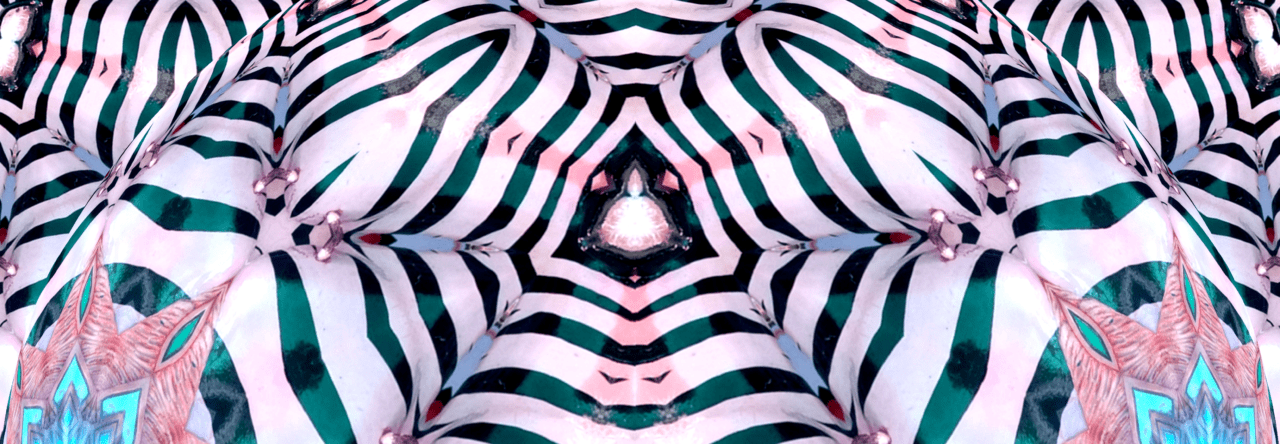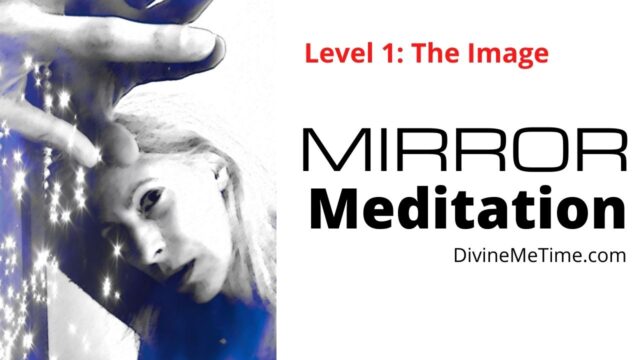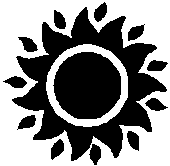The latest ‘craze’ in fitness is walking backwards. But this post isn’t about the practice per se. Rather, it is about an insight that came to me while I was doing it.
It has been discovered that walking backwards help heal knees and improve all kinds of lower back and body issues. Because I recently hurt my knee, I’ve been practicing walking backwards as a way to heal and build back strength. One day, I turned my attention to the scenery receding away from me and was struck with an insight. I realized that everything I was seeing as it receded was actually my past and that the way forward, the path I couldn’t see as my back was turned toward it instead of my face, was the future. It was a spectacular perception shifting moment that I shared in a short on my youtube channel.
But as I continued to consider the deeper meaning of my experience, I realized my video is incomplete. I said something about ‘creating the future you want’, and I realized that there’s something more profound to be seen. The only moment of choice is the point of the body, whatever direction it might face. And that alone is the point of creation. But the future itself inevitably and always remains unknown. There are no guarantees that what we want to create will come to fruition. There are far too many variables. So what is it exactly that we ‘lean into’ when we walk into what we cannot see? It is the Great Mystery, the unfolding of Life.
I’ve always taken issue with material concepts of manifestation – ‘just want it and it’ll come true’. If that were true, I’d be a lot richer, a lot taller, and always happy and wise. Nowadays of course, the principal of manifestation is more akin to ‘believe it and it’ll come true.’ I know I’m not rich, at least in terms of dollars, I’ll never be taller, and I’m not always happy and certainly not always wise. So I’m not so sure believing is enough either. Nor is it meant to be. True manifestation is the allowing of what will be…the unseen unfolding.
Don’t get me wrong. Sure, in any moment with awareness, we can choose to have more optimistic thoughts. We can daydream and imagine the feelings of happiness and abundance. And that is very likely to impact our future reality to either a greater or lesser extent, but it all depends on our karma and the grace we’ve cultivated. It may also very well depend on our fearlessness. But ultimately, the future remains that unseen realm obscured by the maya we face with our vision when we’re walking forward. In other words, whether we’re walking backwards or forewords, we’re only ever seeing our past. It’s what has already unfolded. It’s what has already been created.
The thing is, if we put our faith in and ‘make matter’ that seemingly current reality, even though it is actually our past, it isn’t as easy to surrender to the unknown. We limit potentials and are forever caught in the duality of aversion and attachment. When walking backwards, we have no choice but to trust what is unfolding. And that alone makes the present moment so acute and precious.
I don’t know if I’ve articulated this very well. I think walking backwards is a great practice to shift one’s perception as well as one’s knee injury! Why not give it a try yourself and see what you discover for yourself?





 If everything is a matter of perception, through what lens do I see the world? It is a question I have been asking myself lately and frequently, having read Emotional Alchemy by Tara Bennett-Goleman, a book which I very highly recommend. In it, she discusses the cognitive habits and beliefs we have that skew our perceptions of reality in all manner of self-fulfilling prophecies.
If everything is a matter of perception, through what lens do I see the world? It is a question I have been asking myself lately and frequently, having read Emotional Alchemy by Tara Bennett-Goleman, a book which I very highly recommend. In it, she discusses the cognitive habits and beliefs we have that skew our perceptions of reality in all manner of self-fulfilling prophecies.